In my latest video, we explore the Old World Succulent Garden at the San Diego Zoo Safari Park. Here succulents small and large look good year-round, need minimal care or water, and offer inspiration for dry (but not desert or frost-prone) landscapes. You'll see noteworthy specimens I hope inspire you when planning or refreshing your own garden.
Location
The Safari Park is in Escondido, an hour's drive NE of the main Zoo. The 18,000-acre outdoor destination has thousands of animals on exhibit. Located just past the condors, the Old World Garden occupies a south-facing, decomposed granite hillside in the park's northwest corner.
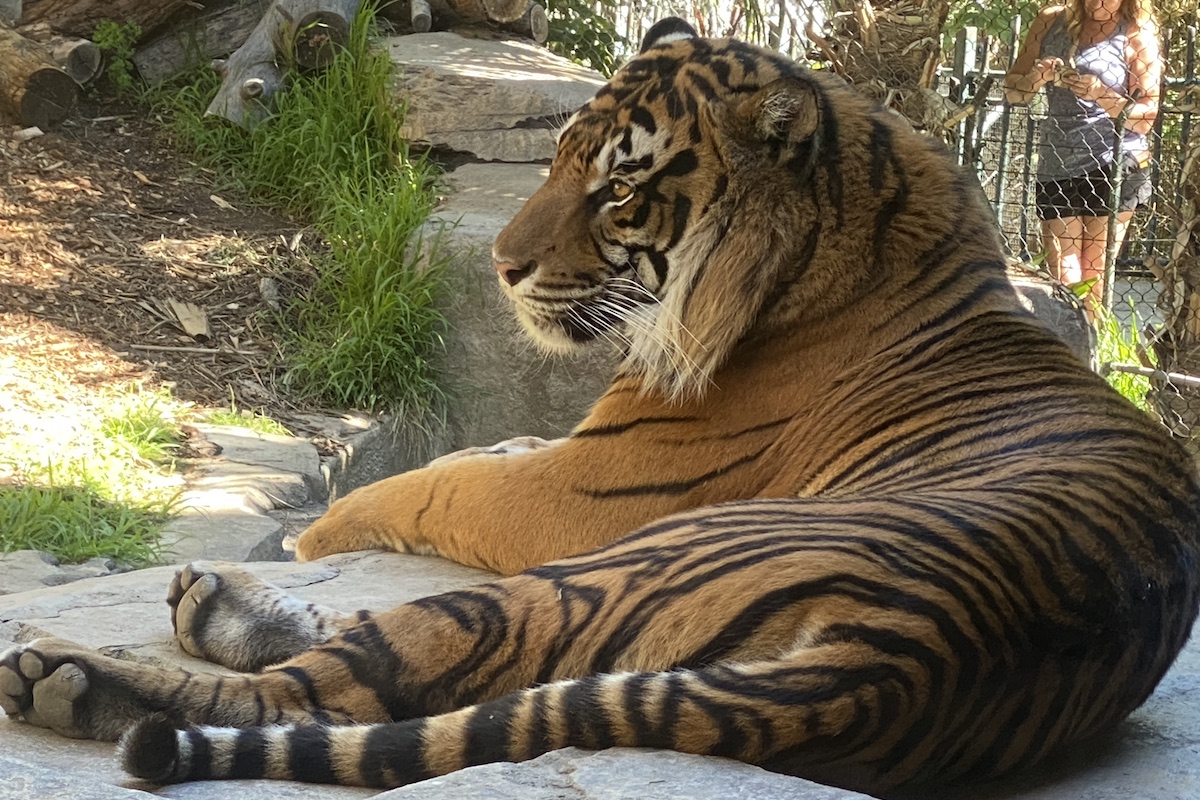
To the southeast of the Safari Park's Old World Garden is Tiger Trail. Foreground: a tiger tail.
What you'll see
Old World Succulents are mainly from South Africa. They prefer hot summers, low humidity, and winter rainfall. Because demand for these easy-care lovelies has surged, they've become more widely available.
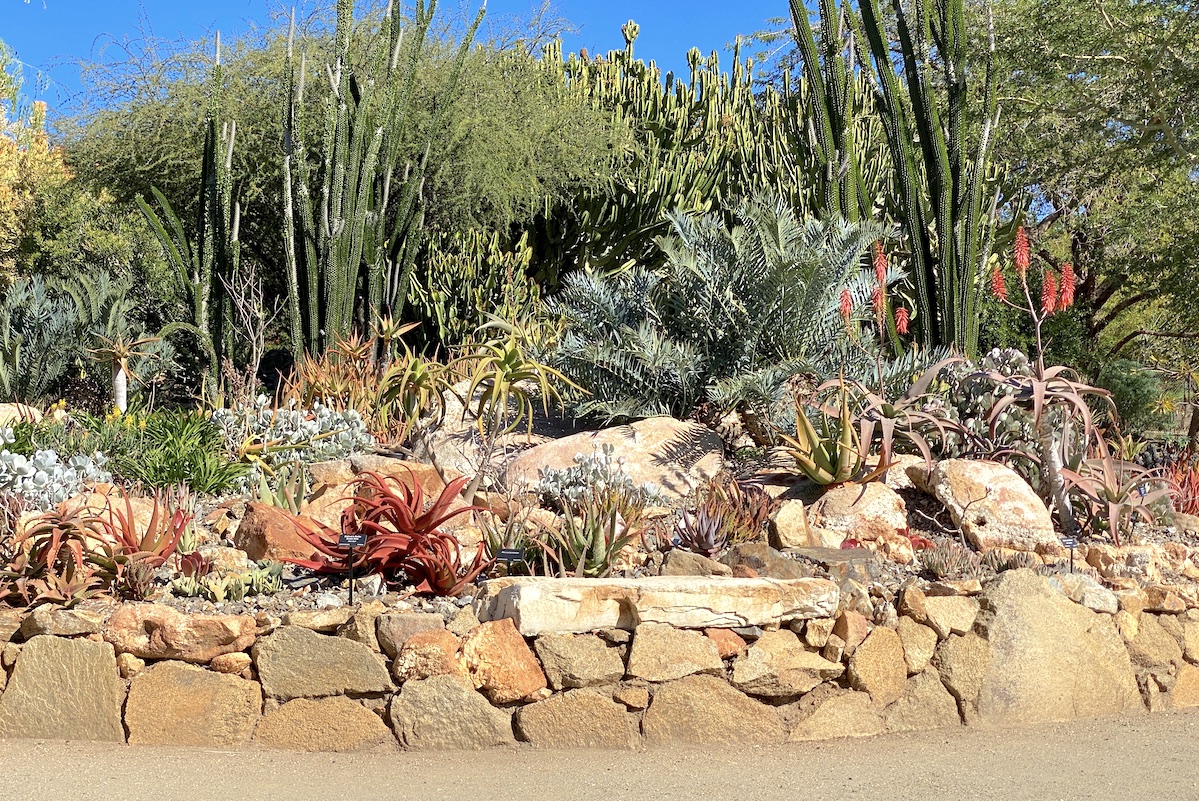
Aloes bloom in the Old World Garden in midwinter.
San Diego Cactus and Succulent Society volunteers maintain both Old World and adjacent Baja California gardens. The Old World garden is noteworthy for aloes, euphorbias, senecios, and pachypodiums in a garden-like setting. The emphasis is on species rather than cultivars, but as you'll see in the video, there are a few interesting crosses.
Climate and Season
The main downtown Zoo also has a lovely succulent garden, but that location is nearer the coast. I prefer the Safari Park’s because it has more specimens, occupies a larger area, and like my own garden, has an inland climate with colder winters and hotter, drier summers.
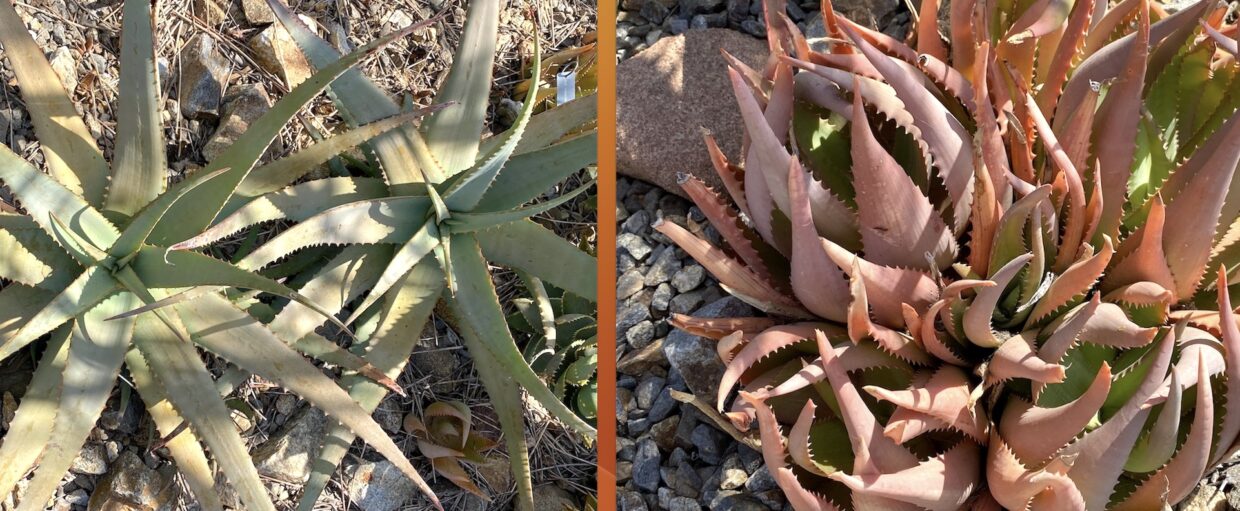
Aloe chabaudii (Dwala aloe) normal and stressed
This video is a compilation of past visits. Of course no garden is exactly the same on subsequent visits. Seasons bring on flowers or dormancy. Rain and cooler temps refresh the plants; dry summers and triple-digit heat stress them.
In the video I take you plant-by-plant, introducing them and giving their merits. You'll also find them ID'd in the Gallery below.
Explore at your leisure
Do make this renowned public garden a destination when you're in the area. If you're a local, become a member so you can explore the Zoo and Safari Park at leisure, as my husband and I do.
A warning to spouses: Jeff (who is eager to see the gorillas, which I'm not) waits patiently while I pursue plant-nerd stuff. Occasionally, alas, we miss the great apes altogether.
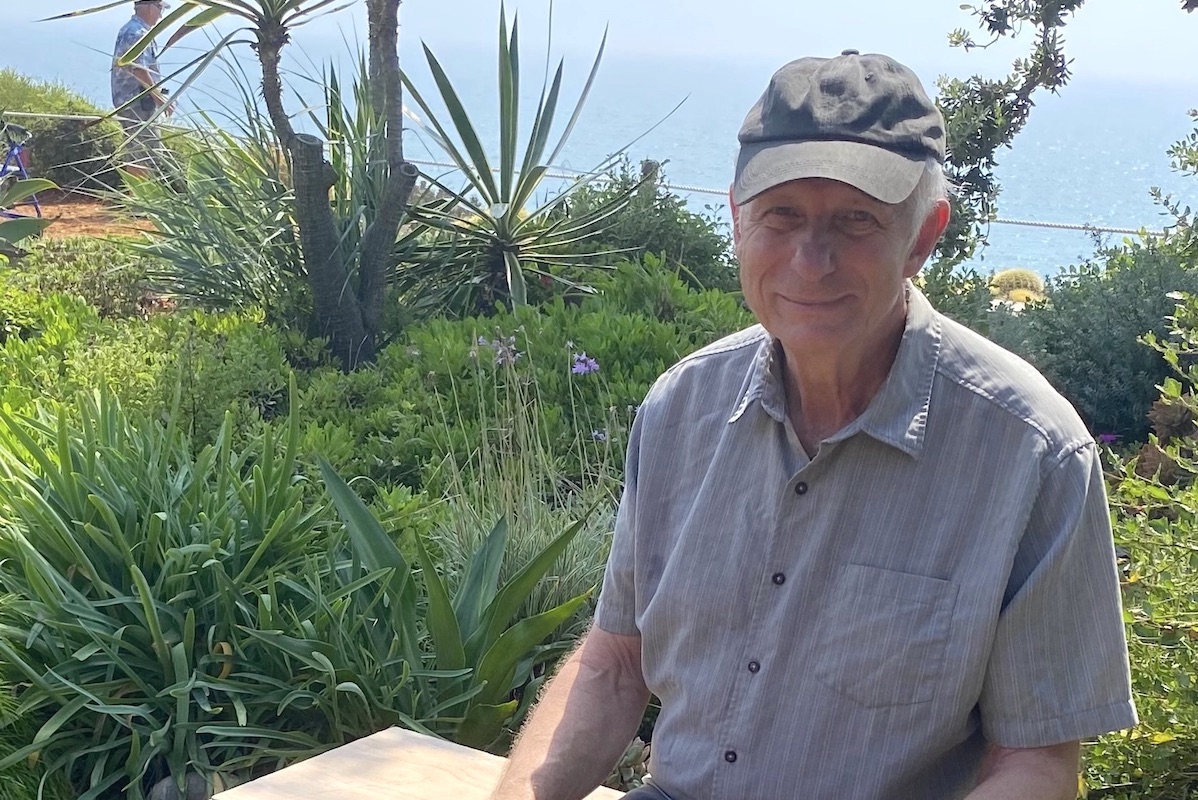
Above: In another garden I'll soon show you. Stay tuned!
Gallery of South African succulents at the safari park
*Nearly all are succulents except for a few noteworthy, nonsucculent companion plants indicated with an asterisk.
RELATED INFO ON THIS SITE
Euphorbia or Cactus? How to Tell
How can you tell a spiny euphorbia from a cactus? Observe key characteristics: the type of spines, flowers and leaves (or lack thereof). As I compiled my site’s new Euphorbia page, I happily acquired the ability to tell at a glance which is which. Sure, you can scratch a plant, and if it drips milky sap, it’s
See Josh Allen’s Rare Aloe & Cycad Nursery Near San Diego
Josh Allen is making his dream come true: Developing a nursery and botanic garden specializing in rare succulents and cycads. “There’s a big market for beautiful, hard-to-find plants,” he says, adding that creating new hybrids and “playing with plant genetics” are what he does best. He especially enjoys Aloe hybridizing and breeding rare and desirable…
Succulent Ice Plants, Gallery and Video
The brilliantly beautiful succulent ice plants you’ll see in my new page and video thrive in Zones 8-11. They come in eye-popping hues of purple, pink, lavender, rose-red, bright red, gold, orange and yellow.
The post South African Succulents at the Safari Park Garden appeared first on Debra Lee Baldwin. Copyright © Debra Lee Baldwin.
from Debra Lee Baldwin https://ift.tt/5SR26uk
via IFTTT

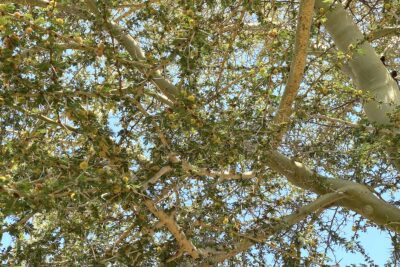
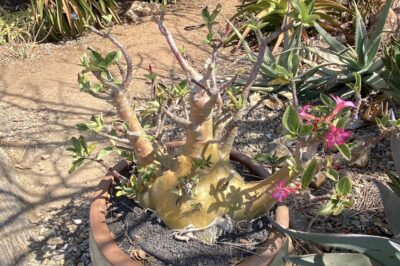
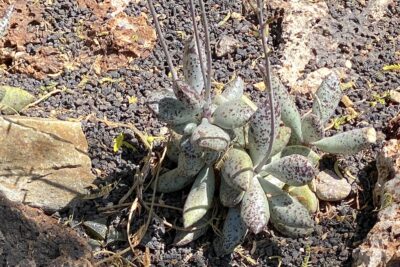
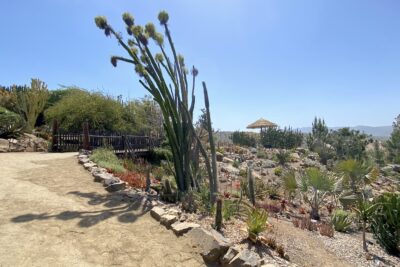
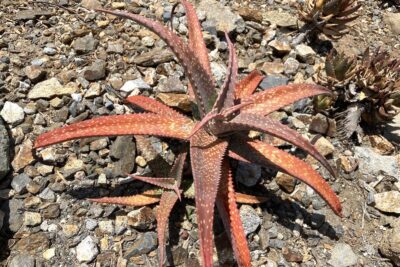
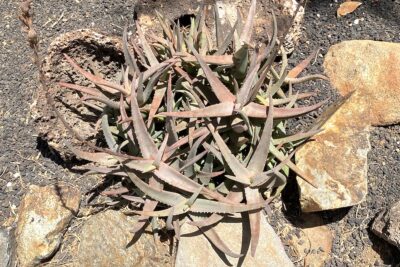
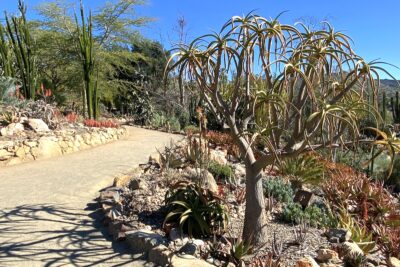
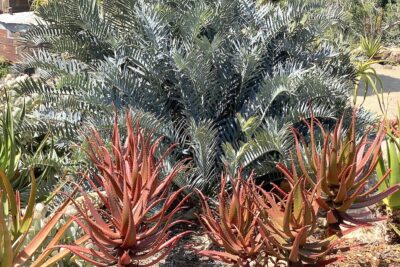
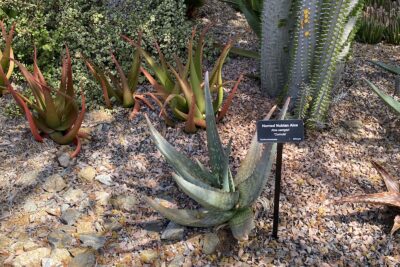
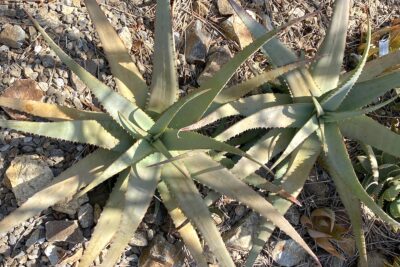
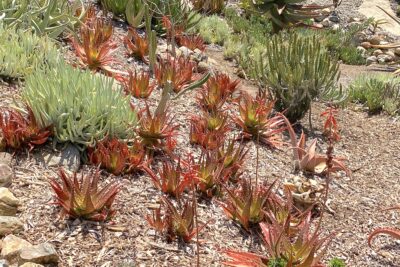
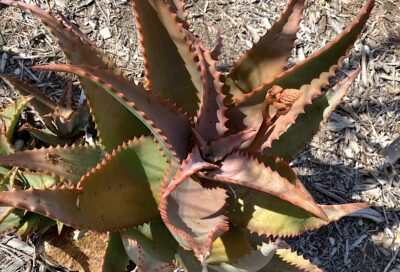
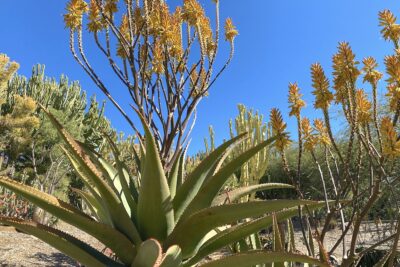
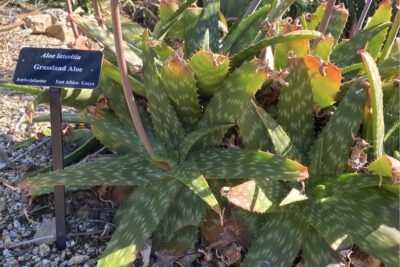
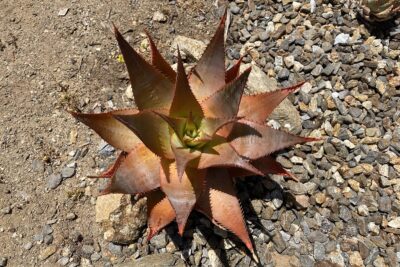
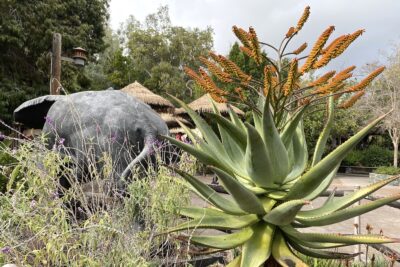
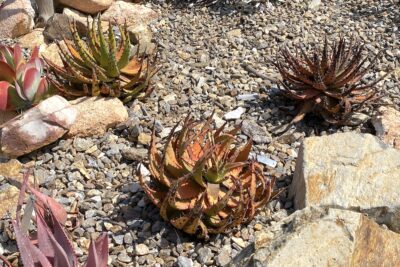
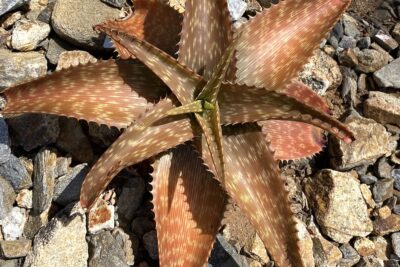
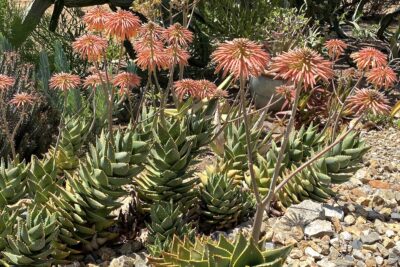
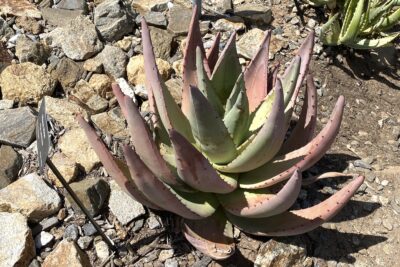
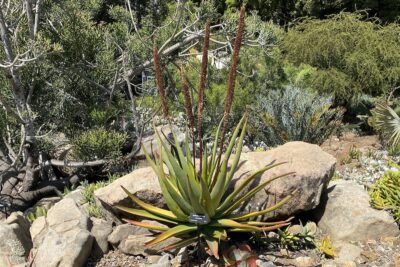
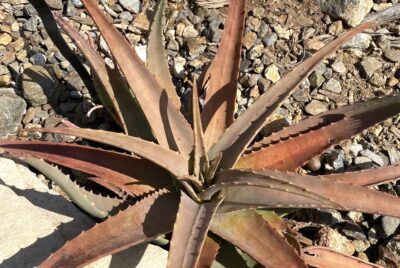
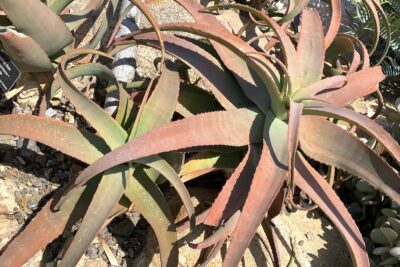
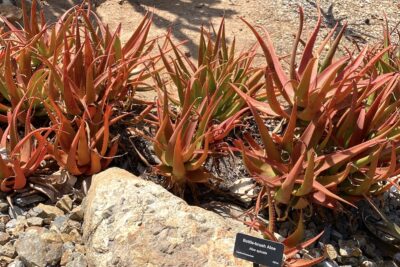
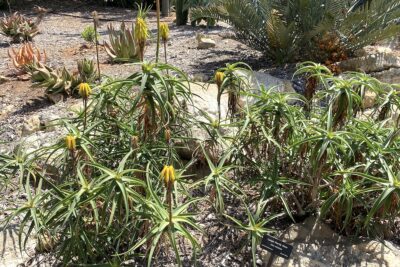
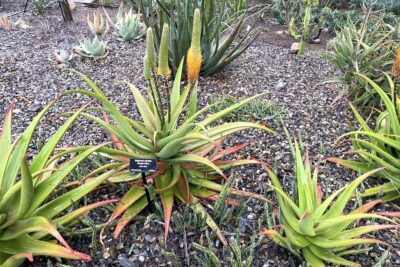
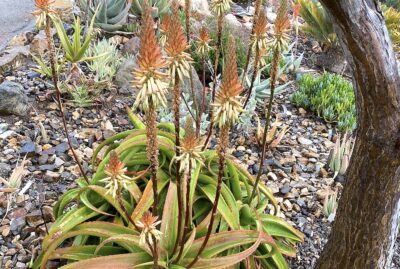
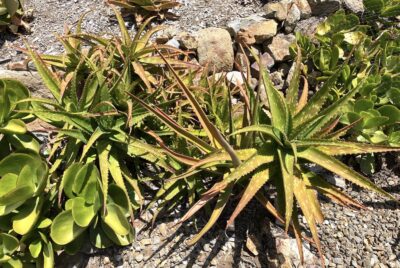
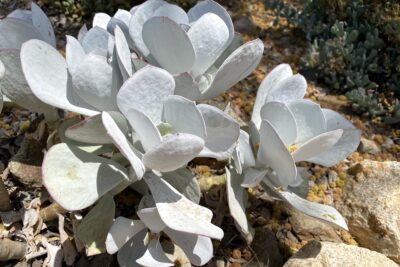
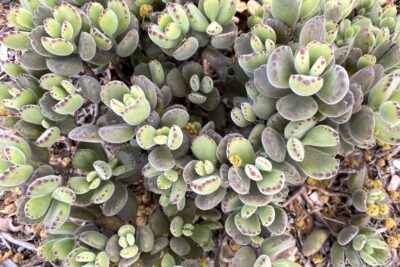
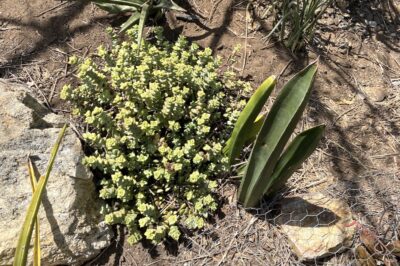
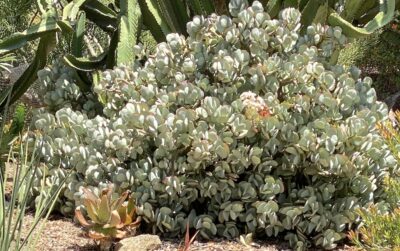
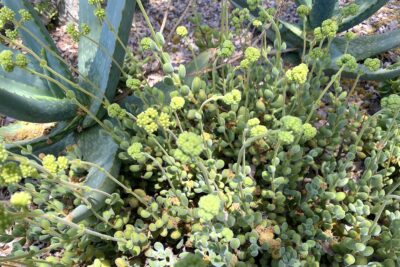
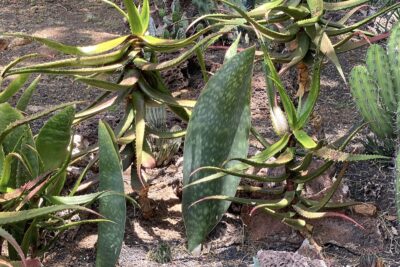
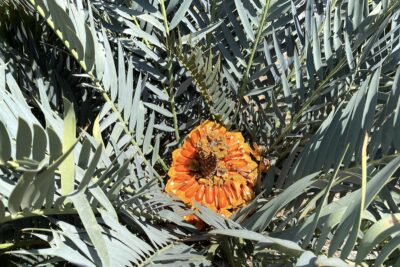
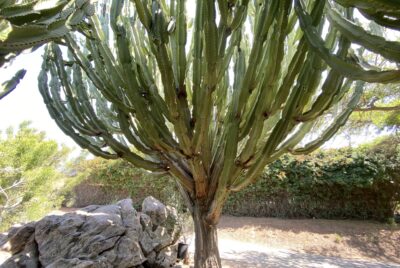
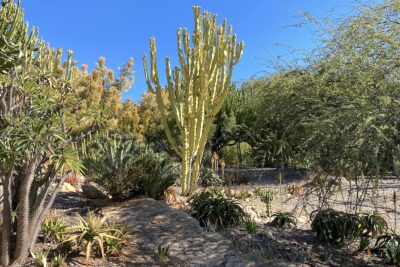
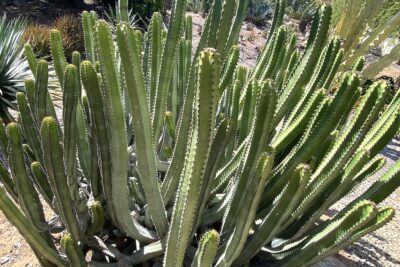
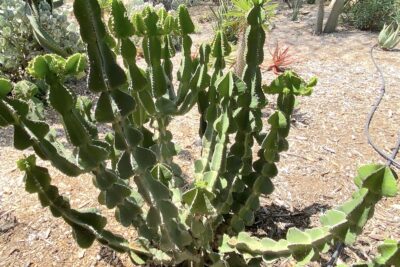
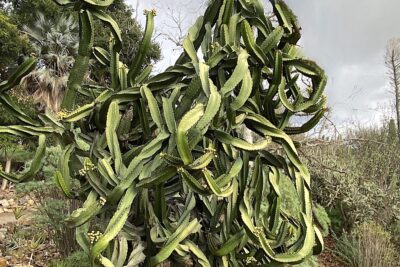
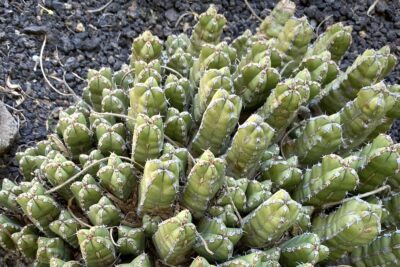
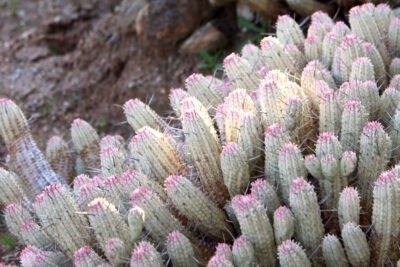
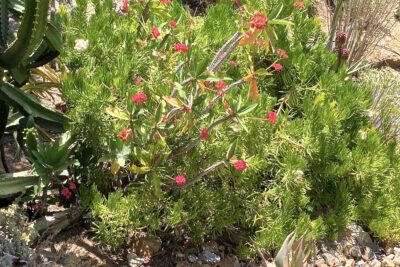
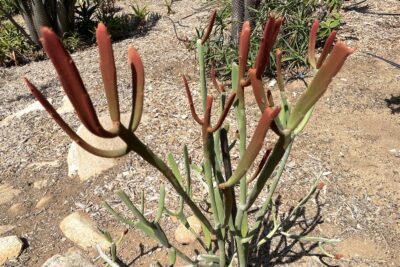
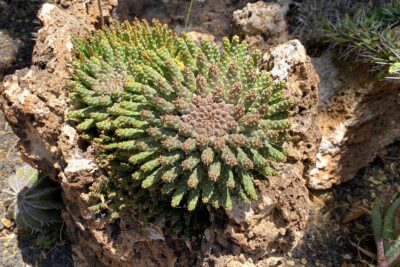
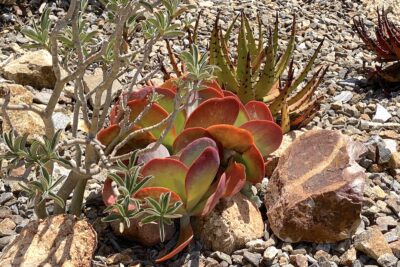
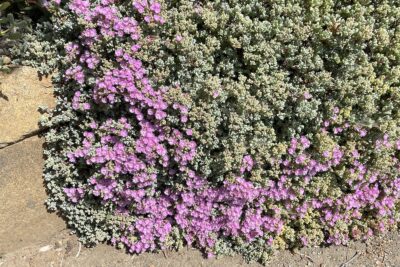
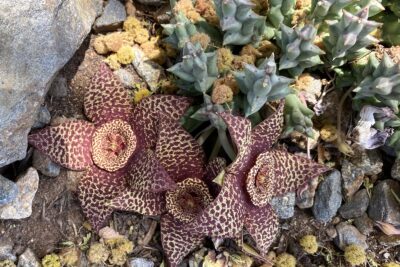
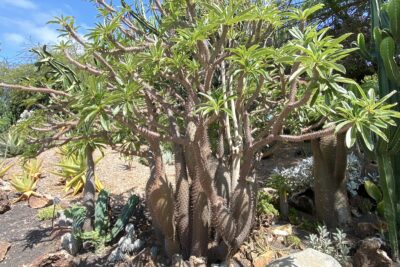
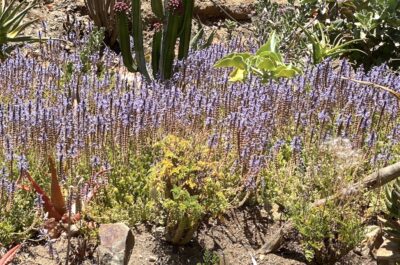
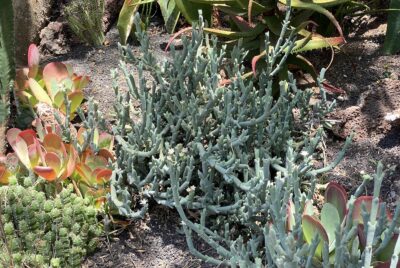
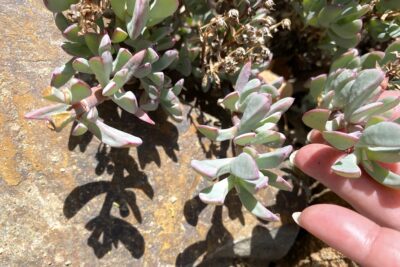
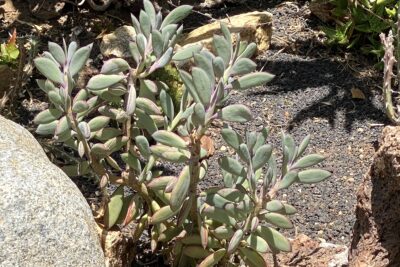
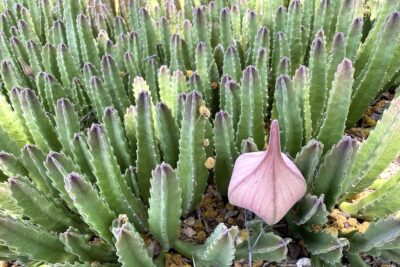
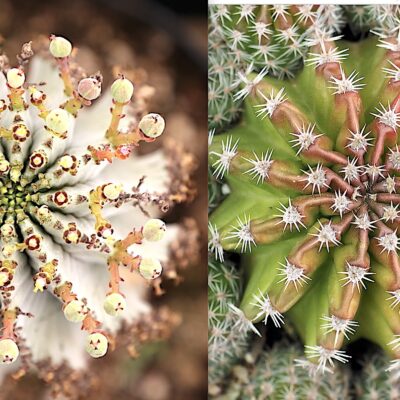
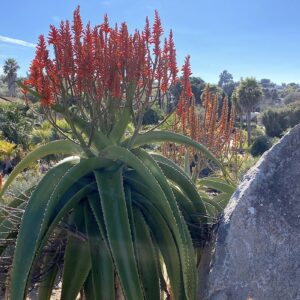
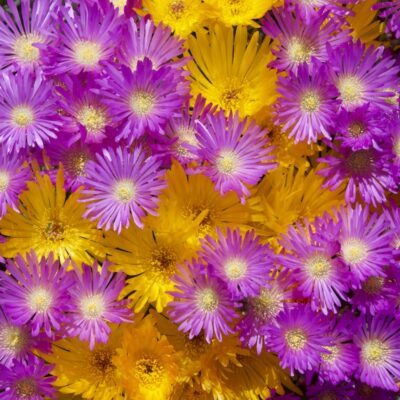
No hay comentarios:
Publicar un comentario